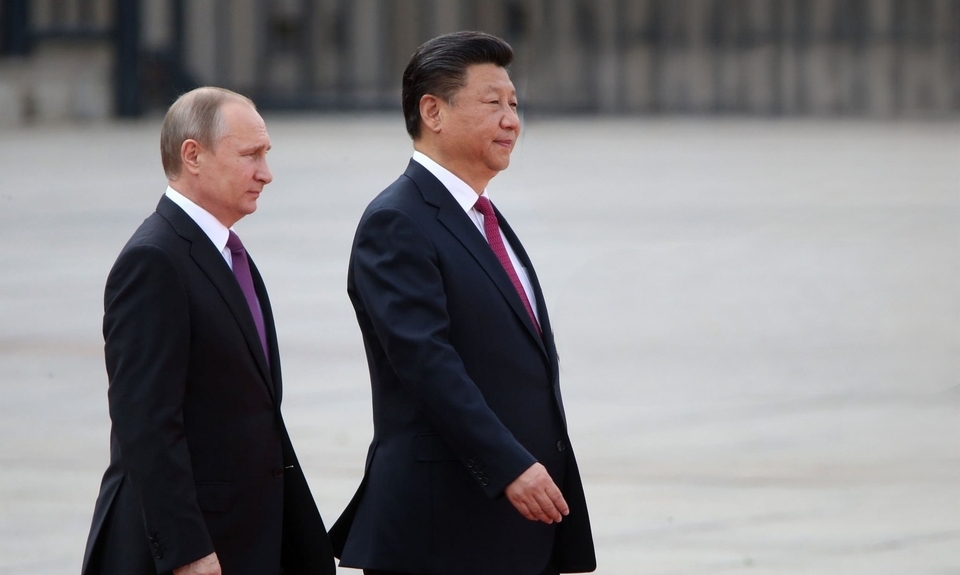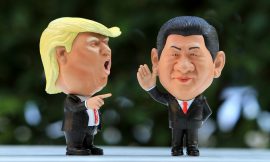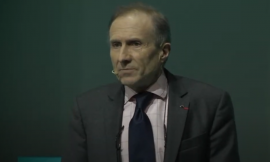Each month, Frédéric Munier, Director of the School of Geopolitics for Business at SKEMA Business School, publishes a column in the magazine Pour l’Éco. Today, he turns his attention to China: a peace plan between Ukraine and Russia, mediation between Iran and Saudi Arabia, or between Israel and Hamas, Xi Jinping’s state is now presenting itself as a peacemaker. What does this new posture really mean?
On 10 March 2023, not one but two surprises were in store for the diplomatic world. Firstly, Iran and Saudi Arabia announced that they were to normalise their diplomatic relations, severed seven years previously. Secondly, the agreement was brokered by none other than China, in the person of Wang Yi, director of the central commission for foreign affairs. This was the first time that the People’s Republic, an economic giant, had played the role of international mediator.
From a strategic point of view, it was a master stroke. By bringing the enemy brothers in the Persian Gulf closer together, China is endeavouring to demonstrate that it is capable of restoring balance in one of the world’s most turbulent zones, something that the USA has failed to achieve. At the same time, it has secured for itself the support of two important oil producers.
The “virtues of ‘Chinese solutions and wisdom’”
And it has also driven a wedge into the alliance between Riyad and Washington, established in 1945 thanks to the Quincy Pact. This is doubtless a major setback not only for the USA, but also for Israel, for whom an alliance between Sunnis and Shiites is the stuff of nightmares.
But Chinese activism has not stopped there. At the end of February 2023, following a visit to Moscow by Mr Wang, China had proposed a “Position on the Political Settlement of the Ukraine Crisis”. This was echoed by Xi Jinping during a trip to Moscow at the end of March, when he boasted about the “virtues of ‘Chinese solutions and wisdom’ to solve the planet’s biggest security challenges”.
These diplomatic coups obviously feed into the narrative by which China is the polar opposite of the USA: a power looking to establish a peaceful, multilateral world order where the “big guys” (i.e. Washington) would not impose their will on the little guys.
A triple tectonic shift from China
How should we interpret this new approach from China? It is a triple tectonic shift. Firstly, it demonstrates a genuine weakening of American power after decades of heated and costly intervention that has been inconsistent because it changes with each presidency.
Secondly, the rapprochement with Russia, and Iran and Saudi Arabia both becoming part the BRICS bloc (Brazil, Russia, India, China and South Africa), demonstrate that Beijing is consolidating a group that is held together by its rejection of the West. Lastly, everything seems to indicate that China is no longer content to be a global economic power but a regional political one. If it is to become the world’s leading superpower by 2049, as Mr Xi has proclaimed, it will need to take control of issues and areas that have up until now been the preserve of the USA.
In reality, the People’s Republic has been calling countries to “envisage the construction of a de-Americanised world” since 2013. So perhaps the image of China as a peacemaker is simply the other face of a shift in the balance of power from the West to the East?
This article was originally published in French in Pour l’Eco.







